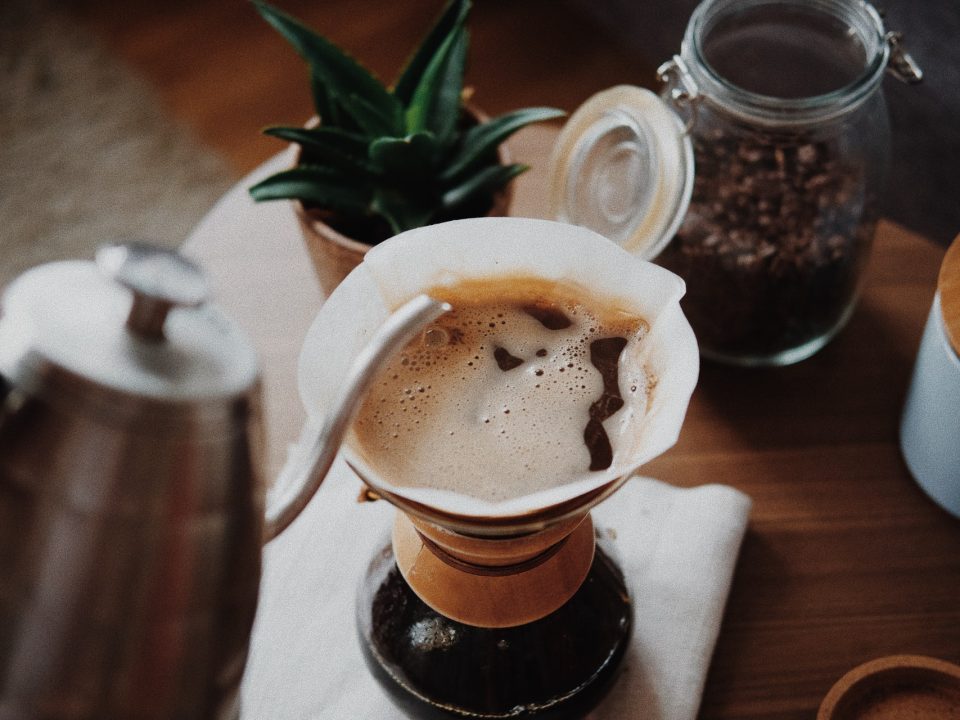In a small house at the foot of the hill an old woman crumbles a piece of bread with her fingers, brings it to the lips of the girl sitting on her lap. The girl smiles, rests her head on her grandmother’s chest and asks for a larger piece, this time with quince jam spread on it. The house with a tiled facade is one of many, as if drawn by a pencil amid the sun-drenched hills in northern Portugal, in the municipality of Felgueiras. The name of the bread: Pão de Ló de Margaride.
As in thousands of homes in Portugal, the tradition of Pão de Ló has been kept through family customs, generation after generation, everyday moments that are stored in memory. Made with three basic ingredients – eggs, flour and sugar – Pão de Ló de Margarine has a history that dates back to the 18th century when a woman named Clara María finds the ideal combination and makes what would become the now famous Pão de Ló, which can be translated as sponge cake. “This bread immediately gained notoriety because it could last for up to two or three weeks without expiring,” explains Cláudio Ferreira, general director of the Felgueiras Business Association. “It is believed that Clara María was inspired by a recipe she heard of in a convent.”
The house where Clara María lived can be found in Margaride, one of the freguesías or neighborhoods of the municipality of Felgueiras, also the seat of the town hall or cámara do concelho. The center of Margaride has many trees and cobbled streets; bakeries fill the air with the sweet aroma from their ovens. Before her death, Clara María made sure that her legacy continued through her employees, Antónia Félix and Leonor Rosa da Silva. It was the latter who pushed the production of Pão de Ló to even higher levels. As a result of the fifty years of Leonor Rosa’s unrelenting efforts, the Pão de Ló de Margaride goes beyond Felgueiras and extends throughout the country, even reaching Brazil. On December 5, 1888, a letter with the shields of the Dukes of Braganza and signed by the count of São Mamede gives Leonor Rosa’s bakery the title of Royal Supplier.

“In 1900, two years after the death of Leonor Rosa, this factory was inaugurated,” explains Guilherme Lickfold, current director of the factory, and descendant of Leonor Rosa da Silva’s third husband, Joaquim Luiz da Silva. The building is located in the Republic Square, in the center of Margaride. “In these two ovens the loaves are placed for more or less 45 minutes. The most common sizes are 500 grams, 1 kilo, and 1 kilo and a half, although there may be larger.” The baking time can vary depending on the size of the bread and the consistency desired. The longer in the oven, the drier the bread. And the drier, the longer it can be preserved.
One of the fundamental elements of the Pão de Ló de Margaride is the use of fresh eggs. For each kilo of baked bread, 22 egg yolks are required. “Here in Felgueiras, only fresh eggs are used,” explains Cláudio Ferreira. “There is Pão de Ló in other areas of Portugal but the tradition is not the same. The yolks, for example, are pasteurized. They are not fresh. And that makes a big difference in taste. ”
To safeguard this rich tradition, the Felgueiras Business Association has begun the process to obtain Protected Geographical Identification (PGI). In addition to ensuring the quality of the production methods of the Pão de Ló, this identification would allow producers to have greater reach and visibility internationally. “If someone sees the PGI label, they know it is a quality product,” says Cláudio Ferreira. “The customer immediately knows that it is a real Pão de Ló de Margaride.”
One of the challenges for the export of the Pão de Ló is the time needed for transport and distribution. Another objective of the PGI certification would be the possibility to submit the breads to an ultra-freezing process, which would extend the life of the product for up to two months. The investment required to obtain the PGI amounts to 240,000 euros.

At the top of one of the hills in Margaride stands the parish of Santa Quitéria where every June 29th, the day of the feast of São Pedro, the Courtship of the Flowers takes place. Women dressed in traditional costumes carry baskets full of flowers on their heads, advance in procession singing and dancing in honor of the saint who was, the legend explains, beheaded in the second century for having maintained their faith. In 2019, the parish of Santa Quitéria celebrated its 300th anniversary.
On the main square of Margaride, men sit on the terraces drinking coffee, smoking a cigarette; women stand under the shade of ash trees chatting and fanning their faces. Shoe stores abound on nearly every street, as well as stands with kiwis and asparagus, all of them an important part of the economy in the region. Children walk hand in hand with their parents eating cavacas: cookies made with the same dough as Pão de Ló.
“If you want a slightly different flavor, try the cavaquinhas da serra,” explains José Mario Sousa, manager of Casa Rosa Sousa. “The sweet taste of Pão de Ló combines very well with the salty taste of sheep cheese.” Founded in 1974 by José Mario’s mother, Rosa Sousa, the factory has been characterized by its creative and innovative spirit in transforming traditional products to offer new and different flavors. This innovative attitude has already been recognized on several occasions, including the prize for the best Abade de Priscos pudding in 2014. This pudding is characterized by having, in addition to the caramelized flavor, a light aroma of bacon. “In 2014 my mother won in the category for companies, and I in the individual category. And that was really the takeoff for our family business. Now many more people know about Casa Rosa Sousa.”
In the Rosa Sousa store you can find four different flavors of pudding(coffee, orange, ovos molos and Abade de Priscos), the patented cavaquinhas da serra, Pão de Ló de Margaride with chocolate flavor, Molotof pudding, cakes with kiwi jelly, among many other things.
Both the Cavacas and the Pão de Ló de Margaride are finalists for the contest of the Seven Wonders of the Sweets of Portugal.
The five bakeries that produce the Pão de Ló de Margaride are:
- Casa Rosa Sousa, Alojamento e Produtos Regionais
- Pao de Lo de Margaride Mário Ribeiro
- Casa do Pao de Ló Agostinho de Sousa
- Pao de Ló de Margaride António Lopes
- Fábrica do Pao de Ló de Margaride Leonor Rosa da Silva













